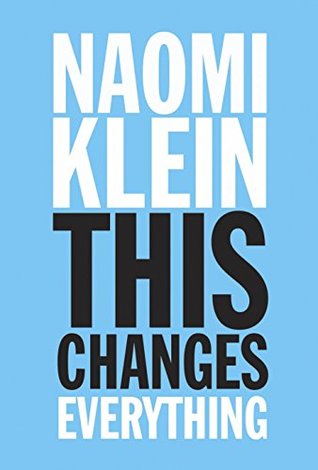Often these compromises are rationalized according to the theory of “low-hanging fruit.” This strategy holds, in essence, that it’s hard and expensive to try to convince politicians to regulate and discipline the most powerful corporations in the world. So rather than pick that very tough fight, it’s wiser and more effective to begin with something easier. Asking consumers to buy a more expensive, less toxic laundry detergent, for instance. Making cars more fuel-efficient. Switching to a supposedly cleaner fossil fuel. Paying an Indigenous tribe to stop logging a forest in Papua New Guinea to
...more
Welcome back. Just a moment while we sign you in to your Goodreads account.


